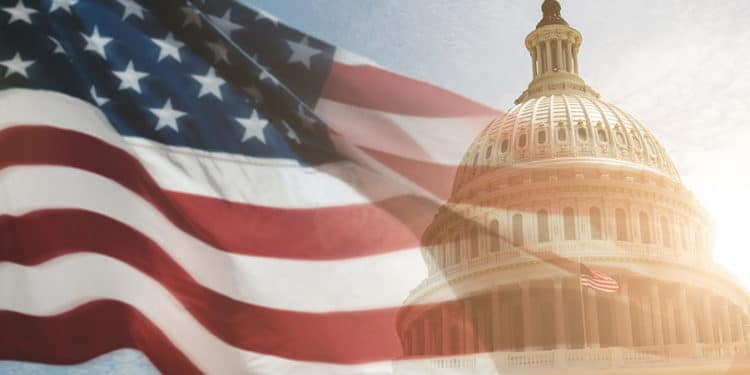A Marist poll released yesterday shows that the American public considers corporate fraud a national priority and wants to help whistleblowers who expose it. When asked if passing stronger laws that protect employees who report corporate fraud should be a priority for Congress, 81 percent of likely voters agreed, with 27 percent stating that it should be an immediate priority.
This poll, conducted on behalf of the Whistleblower Network News, should provide Congress with all the encouragement it needs to act on pending whistleblower bills addressing private sector corruption, such as those dealing with securities and commodities fraud, money laundering, and the trade in endangered wildlife and illegal timber and seafood.
This year will be remembered for its global public health and economic crises, with the deadly Covid-19 coronavirus spreading around the world, megafires burning large portions of Australia and the western U.S., and heatwaves melting permafrost in the Siberian Arctic. In the U.S., positive federal action on climate change remained elusive, but agreement on massive government spending to address Covid-19 was reached in Congress early in the year. Unfortunately, the rapid pace and volume of federal spending created new opportunities for misconduct, and these opportunities were seized by certain corporate actors with special access to the executive branch. Here are just two examples:
- In May 2020, the New York Times found that some of the nation’s largest companies had received Paycheck Protection Program funds that Congress had intended for small businesses struggling due to Covid-19. Many of these companies were simultaneously approving multi-million-dollar pay packages for top executives. Amanda Ballantyne, leader of Main Street Alliance, an advocacy group for small businesses, succinctly described this abuse of power as “outrageous.”
- A report issued last week by Friends of the Earth, Public Citizen, and Bailout Watch reveals that many fossil fuel companies, grappling with a decade of losses, have found a new lifeline with a federal Covid-19 relief program called the Secondary Market Corporate Credit Facility. Although this program was intended for viable companies and not those on the brink of insolvency, these failing fossil fuel companies are now securing billions in debt financing, insulating themselves from market forces, and slowing the transition to a clean energy economy.
Whistleblowers are already playing an essential role in exposing this kind of misconduct, but more could be done with stronger policy. In our July 2020 report, Exposing a Ticking Time Bomb, the National Whistleblower Center identified a variety of policy improvements needed to ensure that regulators and prosecutors work in partnership with whistleblowers to address the high risk of fraud in the fossil fuel industry.
Building a comprehensive legal framework for regulators, prosecutors, and whistleblowers to collaborate around corruption-fighting will take years, but fortunately, there are opportunities in the very near term to make meaningful progress toward that goal. In the U.S., there is still time in the current Congressional session to strengthen the Dodd-Frank Act, the law that protects and rewards whistleblowers who expose and help prosecute securities and commodities fraud.
A recent U.S. Supreme Court ruling known as Digital Realty mistakenly interpreted Dodd-Frank as offering no protection to “internal whistleblowers,” i.e., those who report frauds to the SEC after first attempting to resolve the problem within their companies. Fortunately, the House of Representatives passed a bill to reverse this ruling last year, and Senator Chuck Grassley (R-IA) is leading efforts in the Senate to pass a companion bill this year. Known as the Whistleblower Programs Improvement Act (S. 2529), this bill would restore protection to internal whistleblowers and also expedite rewards to those whistleblowers who help bring about successful prosecutions. The National Whistleblower Center calls on its supporters to contact their Senators and urge them to pass this critical whistleblower bill during the final months of this Congressional session.


